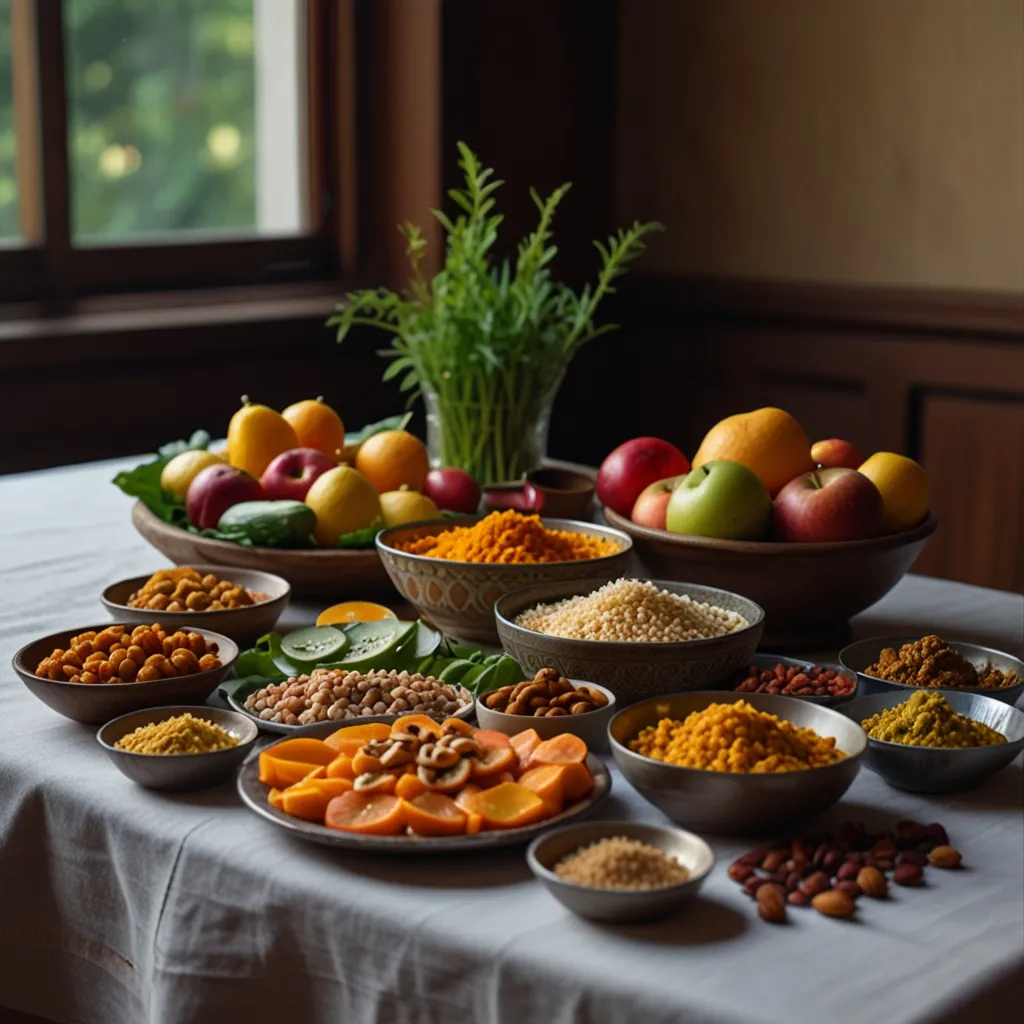Vegetarianism, deeply ingrained in Hinduism, is tied to spiritual growth and compassion. Although not all Hindus are vegetarians, the religion strongly promotes a meat-free diet, emphasizing respect and protection for all living beings.
The Mahabharata, an epic, advises against meat-eating, warning that the sins generated by violence can shorten one’s life. The Tirukural stresses the importance of compassion, questioning the practice of true compassion while consuming animal flesh. The Atharva Veda talks about the spiritual perks of animal protection, suggesting that true spirituality involves caring for all creatures.
However, not every Hindu sticks to a vegetarian diet. In India, while some states like Gujarat, Rajasthan, and Punjab have high numbers of vegetarians, the southern and eastern regions see more meat consumption. Despite this, India has the highest number of vegetarians in the world, with nearly 30% of the population avoiding meat. This creates a misconception that all Hindus are vegetarians, partly due to the numerous vegetarian dishes available.
Hindu dietary codes split food into three types: Sattvic, Rajasic, and Tamasic. Sattvic foods like fruits, nuts, and whole grains purify and bring calmness. Rajasic foods, such as spices, stir up emotions and are often avoided by those on a spiritual path. Tamasic foods, including meat and spoiled items, are discouraged due to their negative emotional effects.
A vegetarian diet isn’t just spiritually enriching; it also offers health perks. Vegetarians generally have lower risks of chronic diseases like heart disease, obesity, diabetes, and cancer. Their diets, rich in nutrients, are easier to digest and purify the body with less effort. Plus, a plant-based diet can be more budget-friendly since plant foods are usually cheaper than meat.
Environmental and social factors influence the shift towards vegetarianism. Recently, there’s been a trend towards plant-centric diets globally and in India, driven by younger generations who choose vegetarianism for ethical reasons. This trend aligns with global movements towards sustainable and compassionate living.
In essence, Hindu vegetarianism is a mix of spiritual, health, and environmental benefits. Though not all Hindus are vegetarians, the focus on compassion and non-violence continues to inspire many. As the world leans towards sustainable and ethical lifestyles, Hindu vegetarian principles offer valuable insights for individuals and society.






